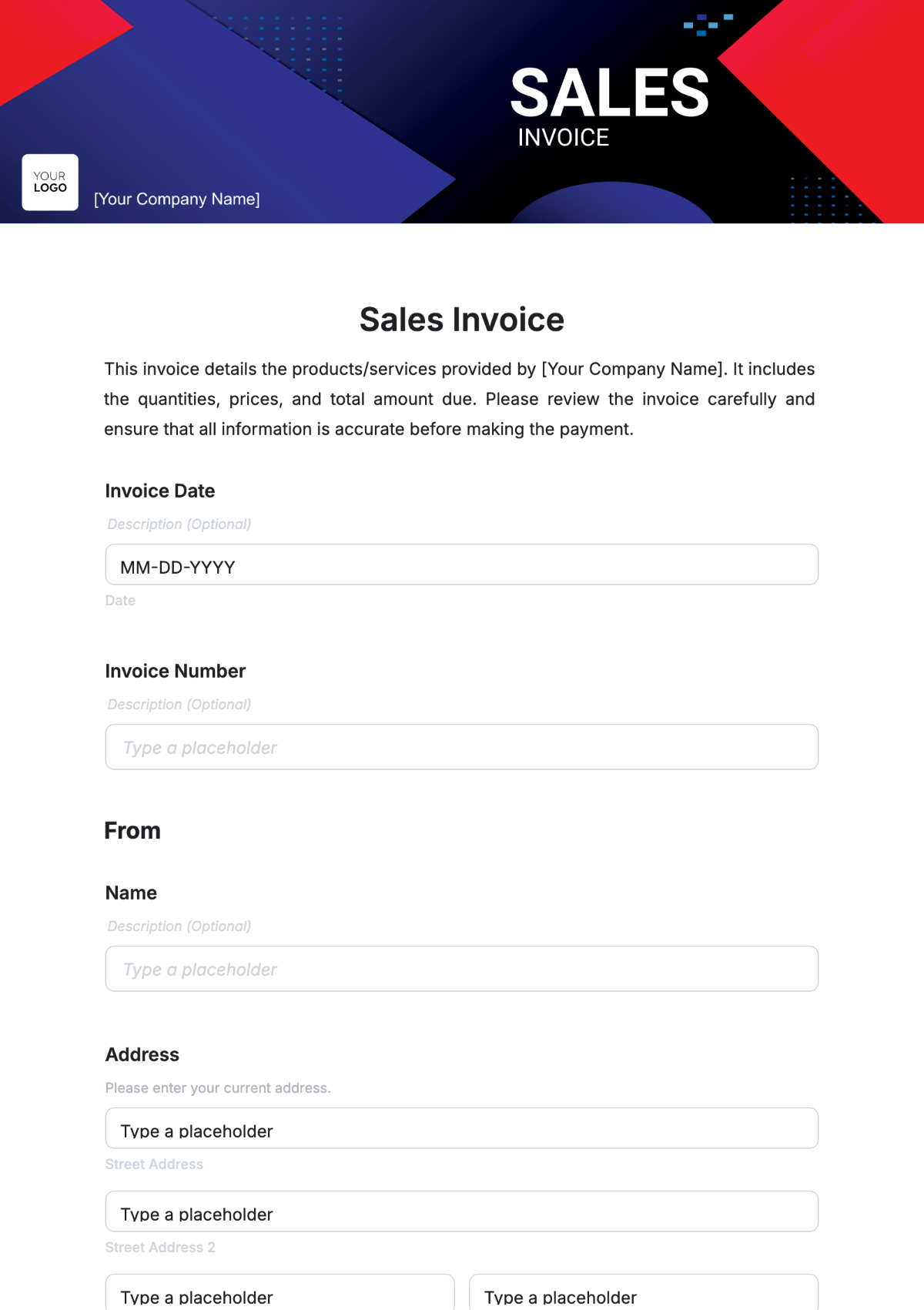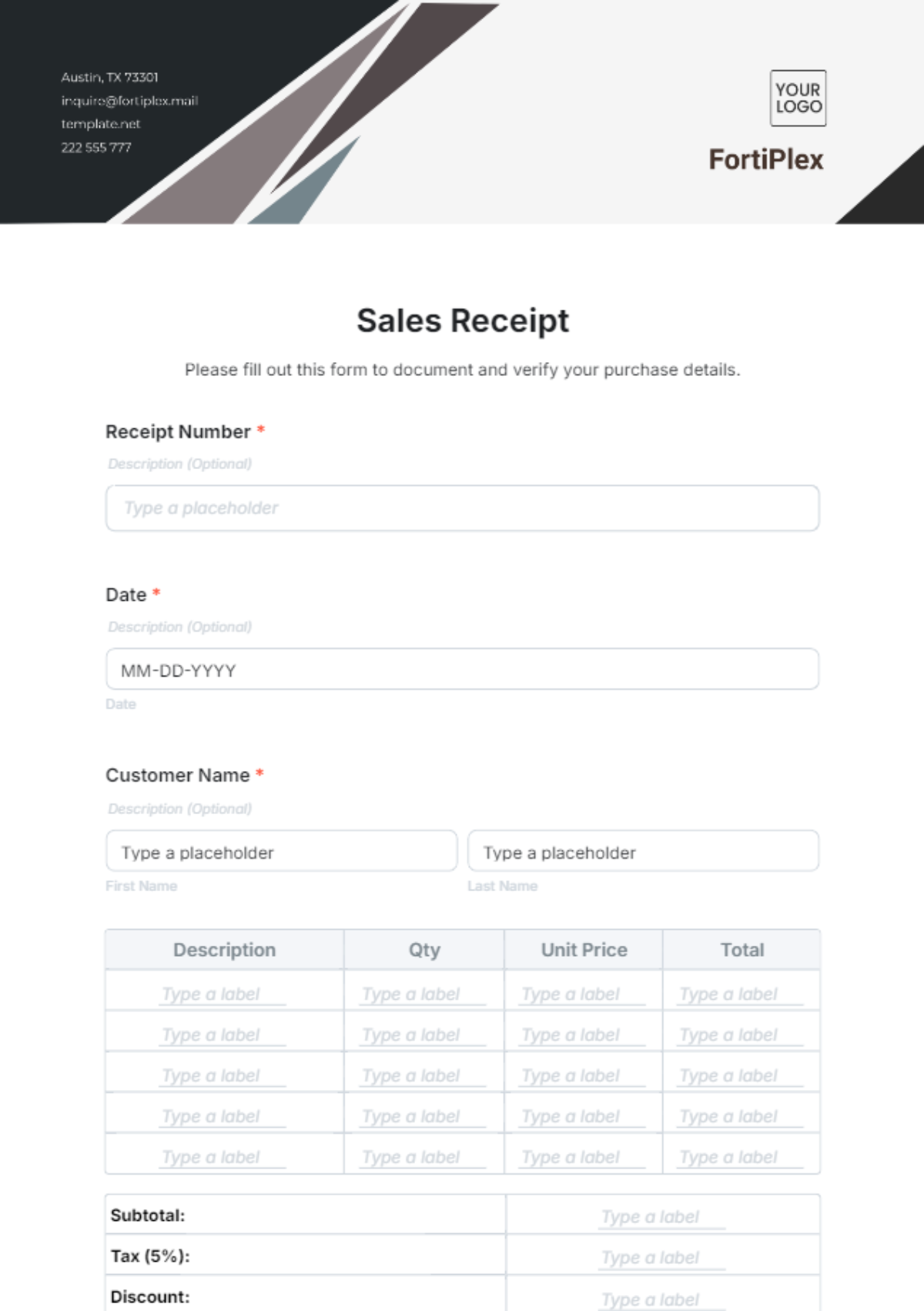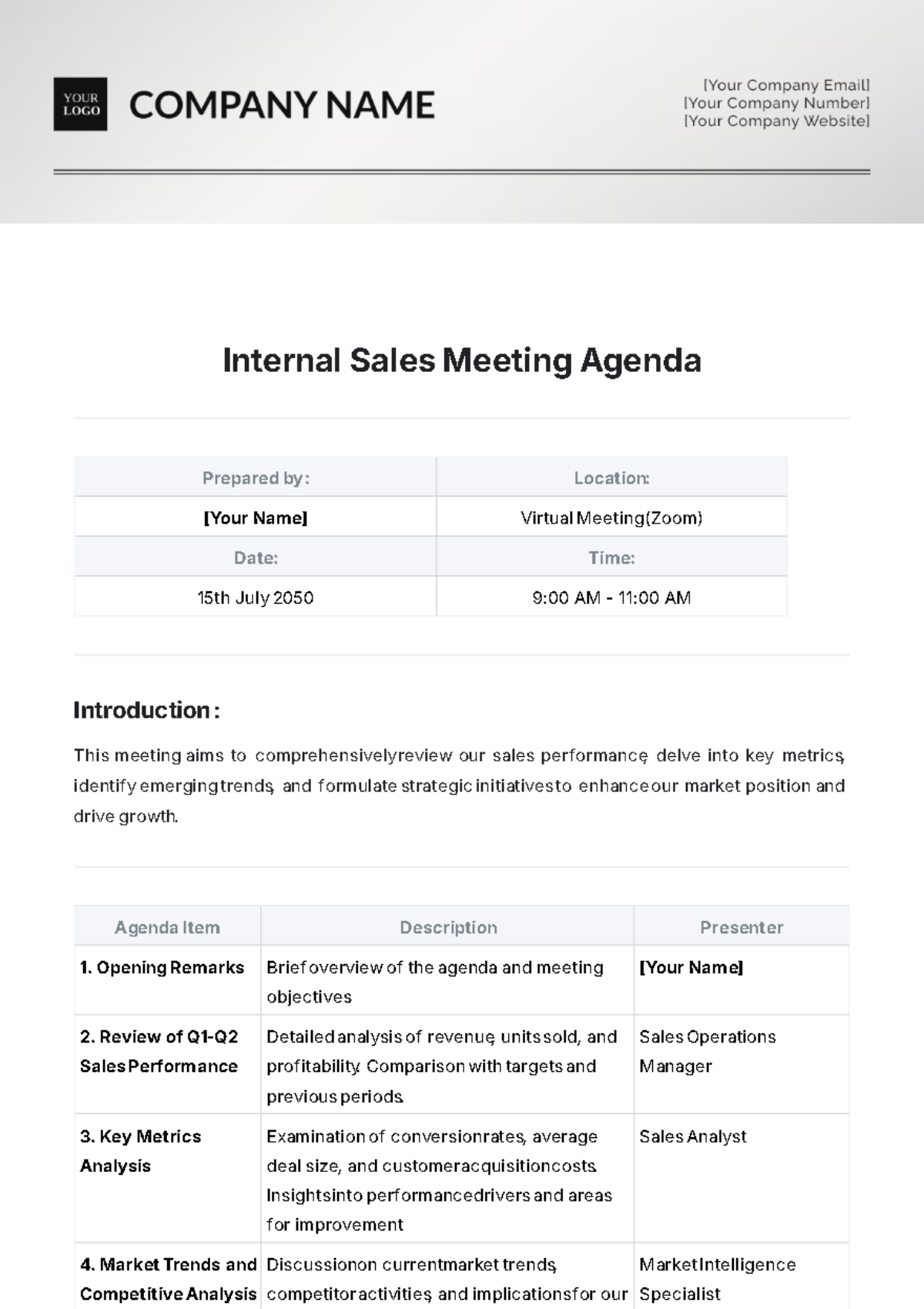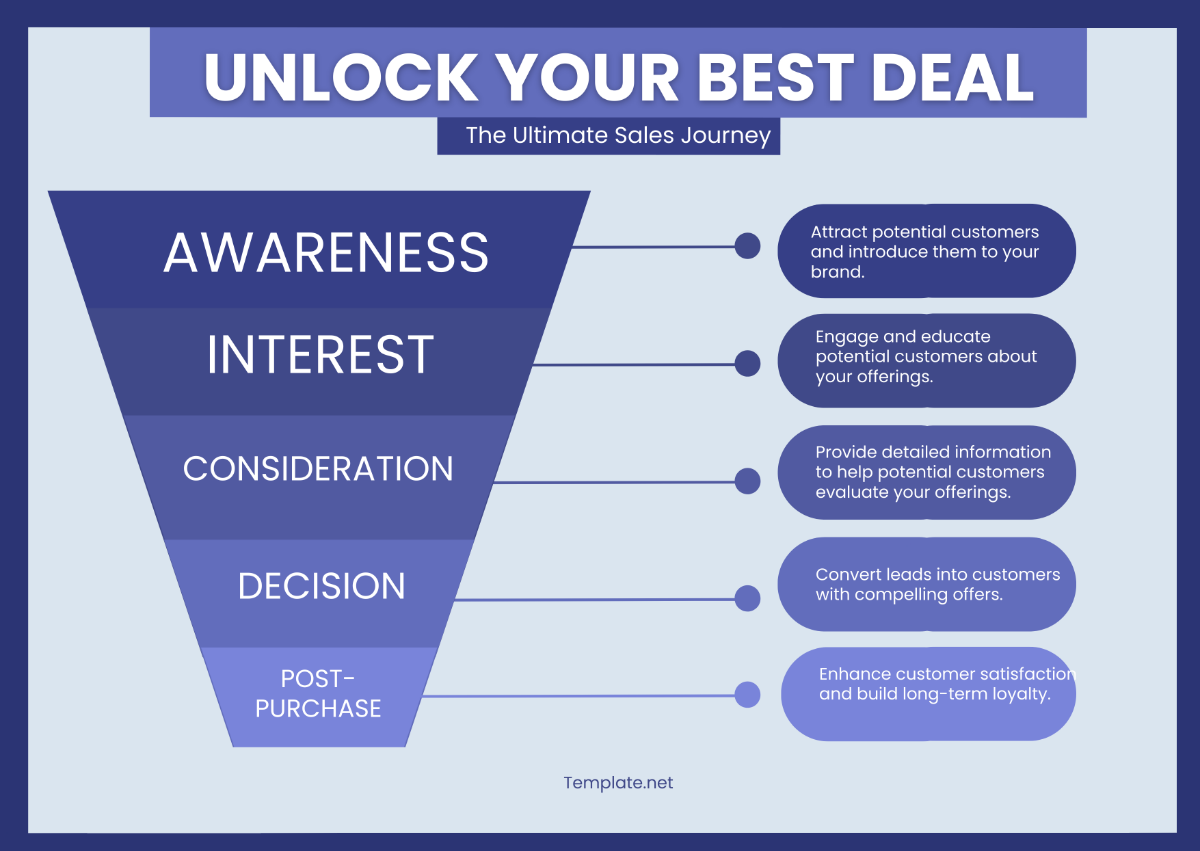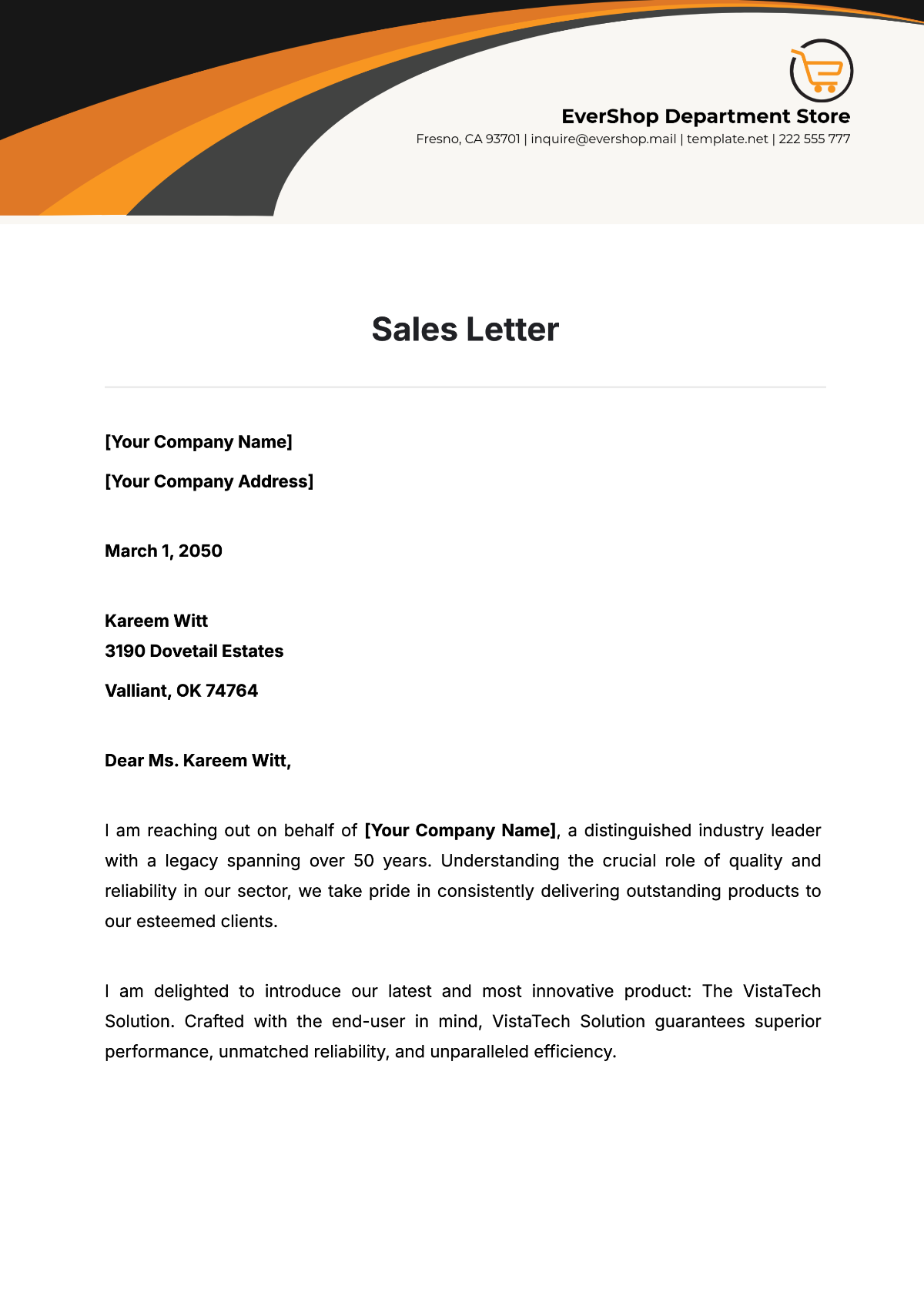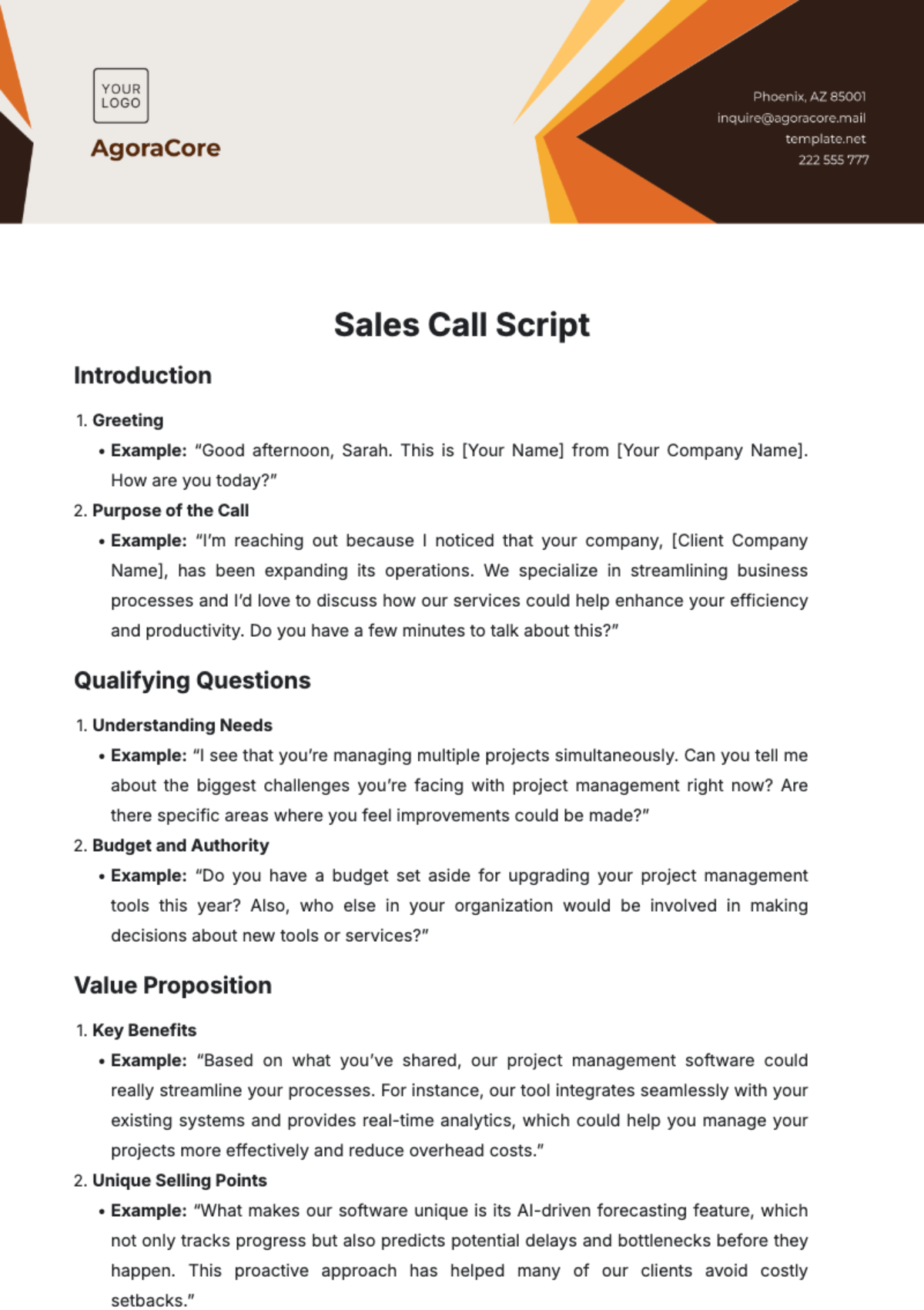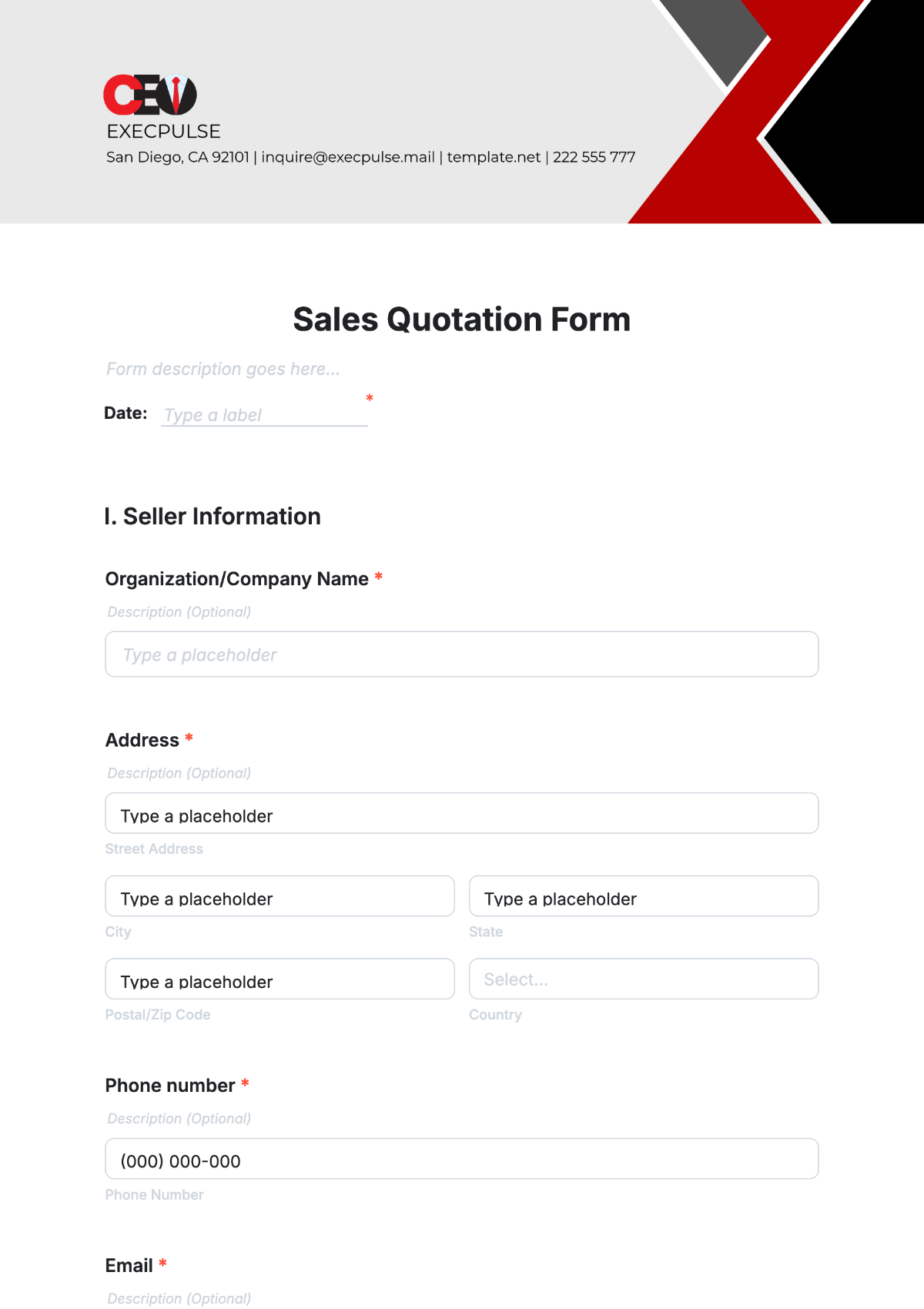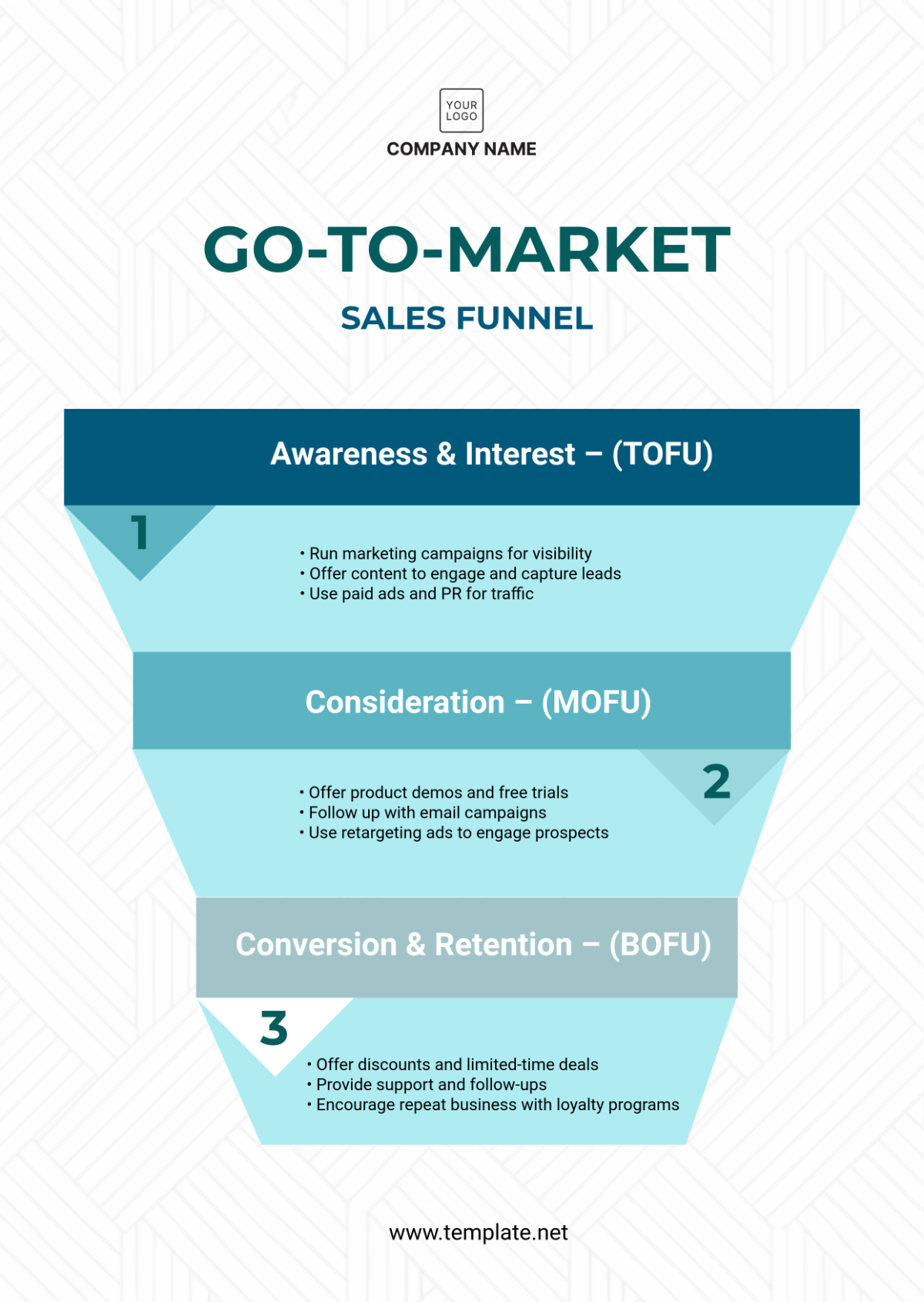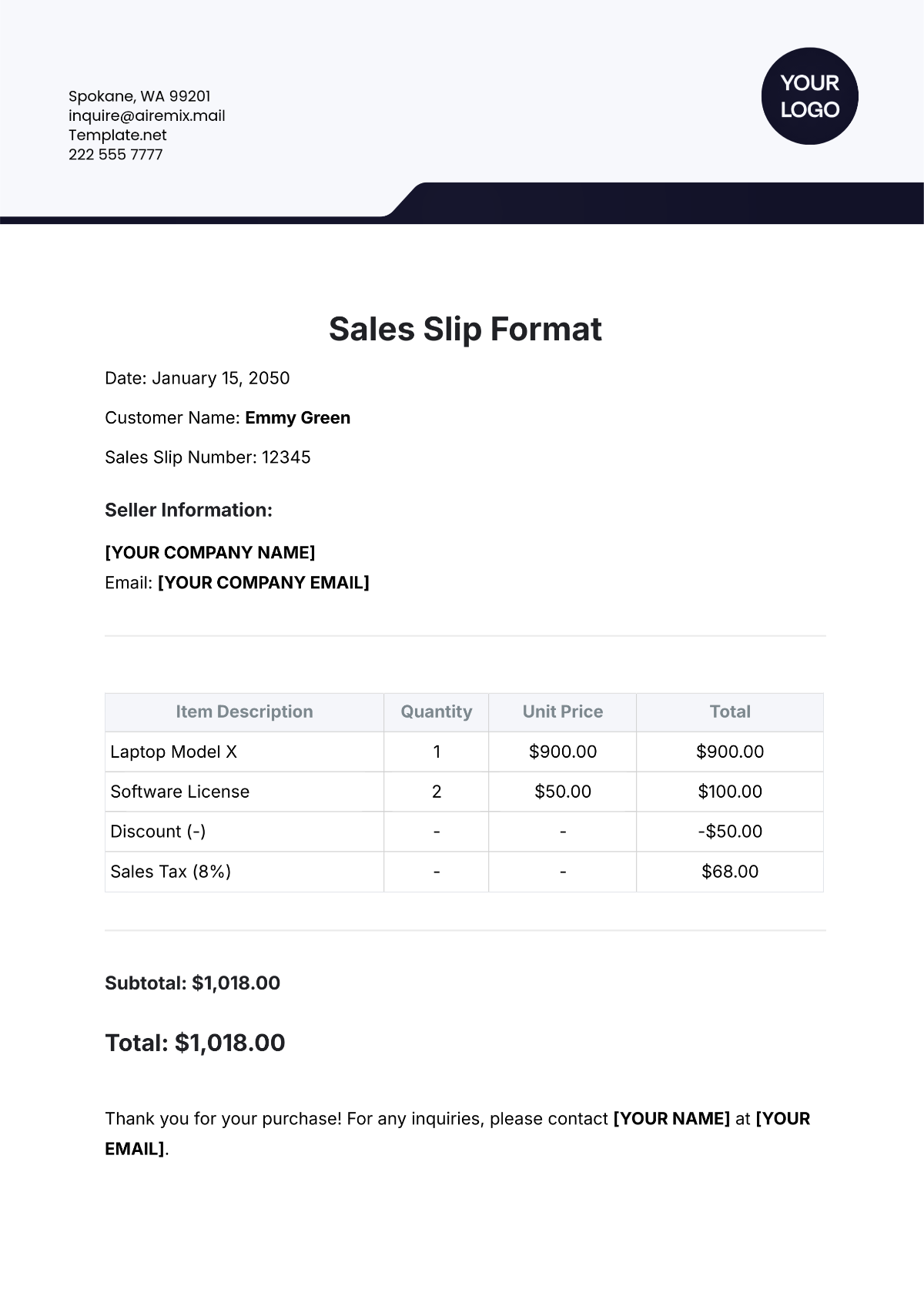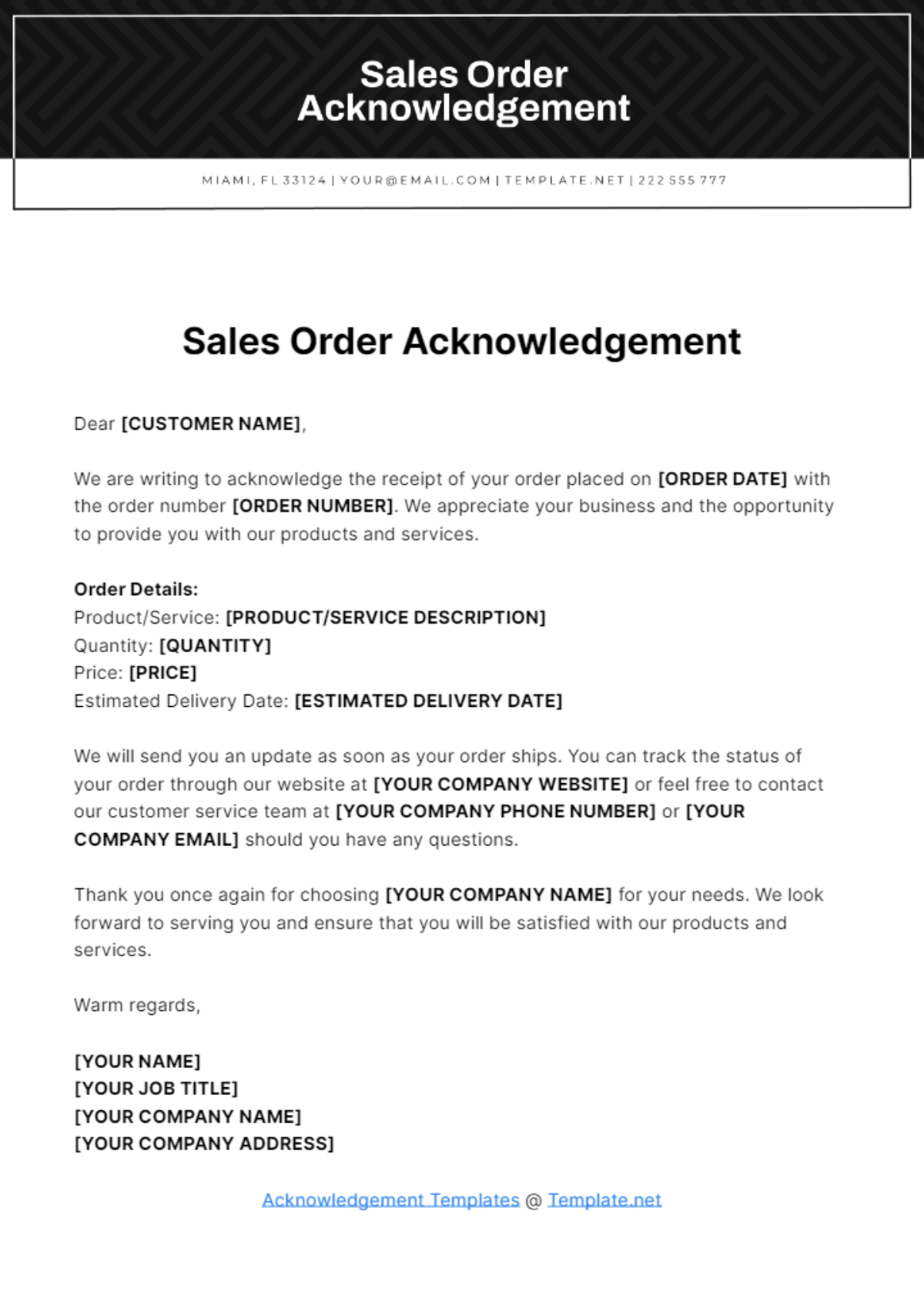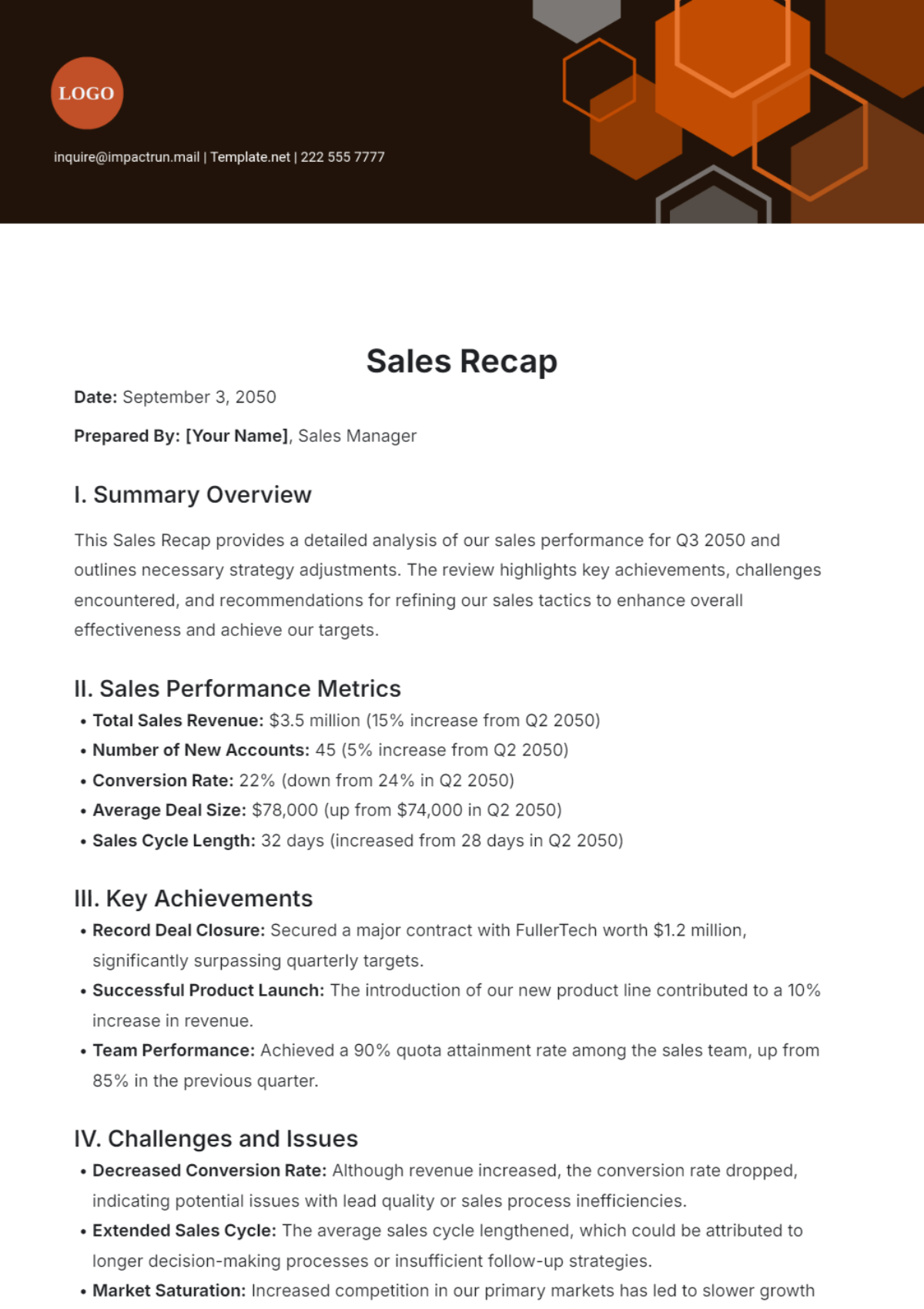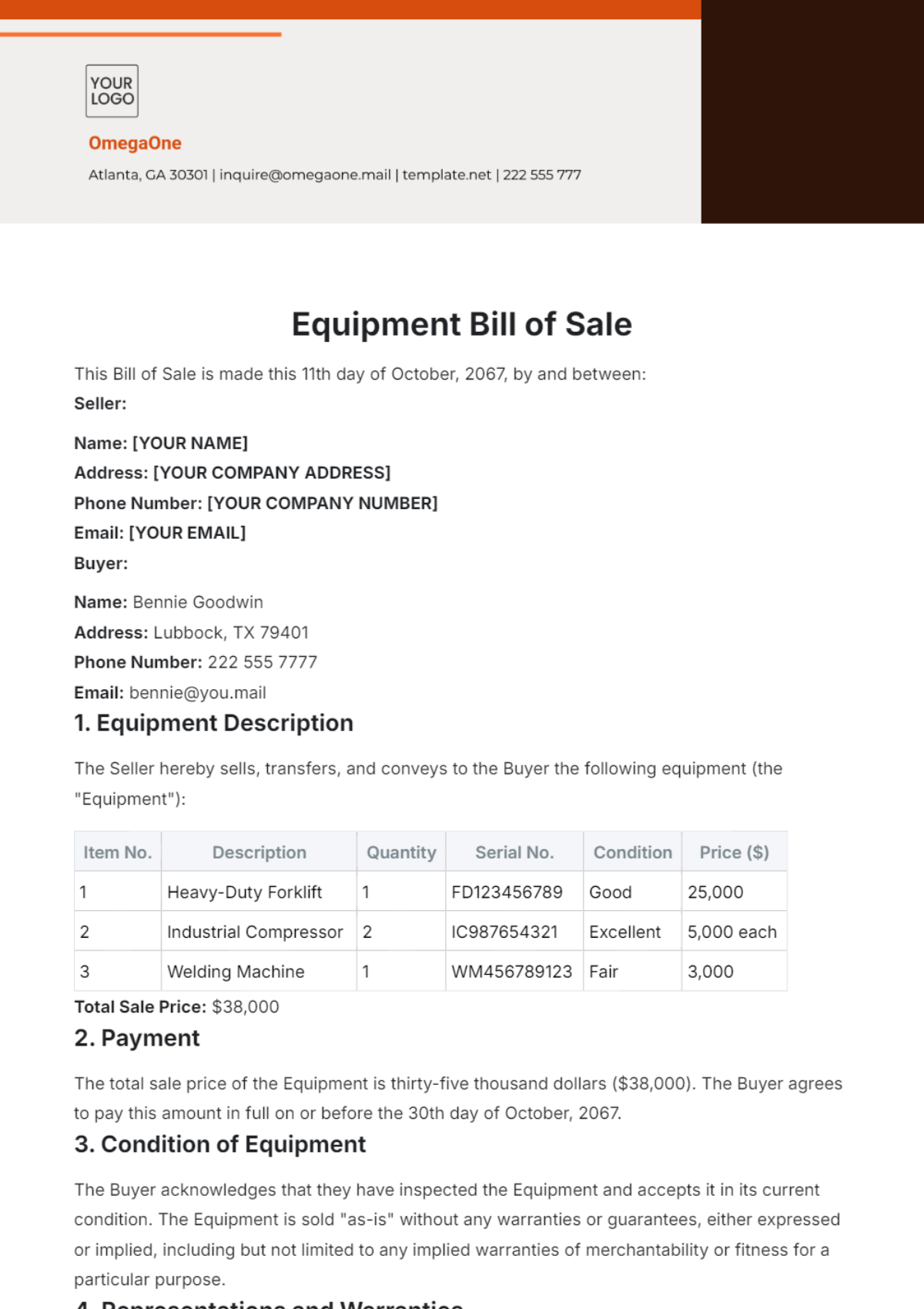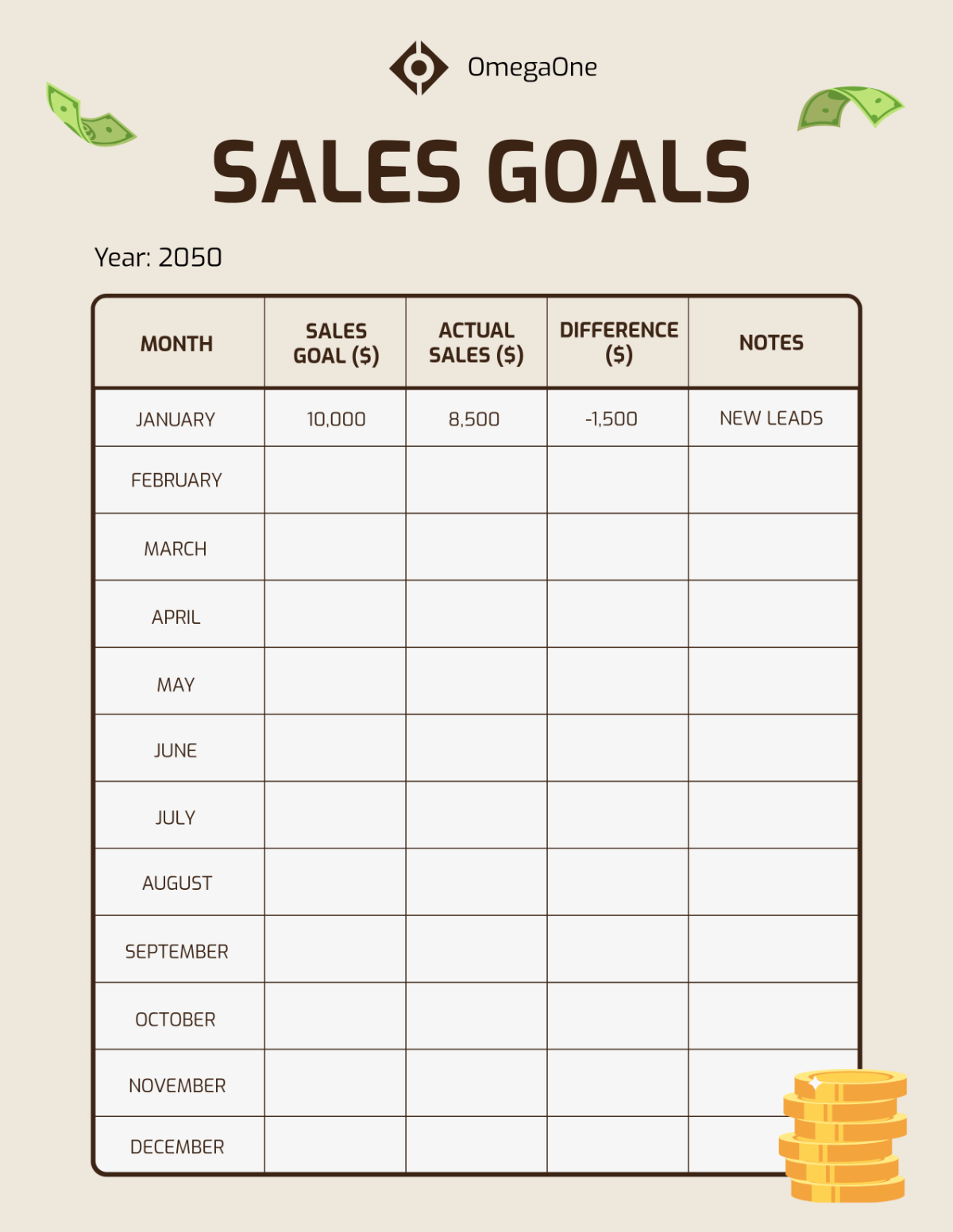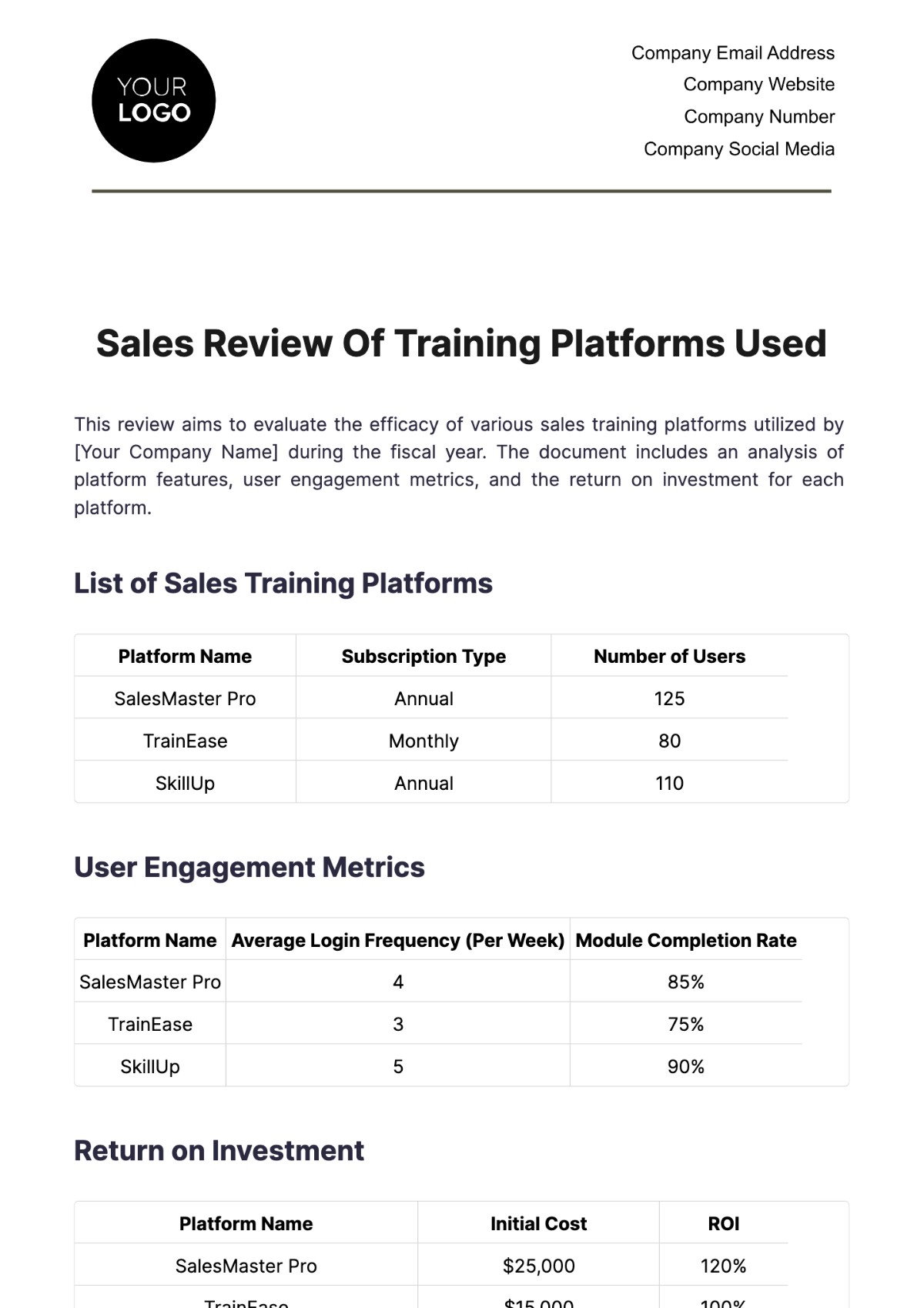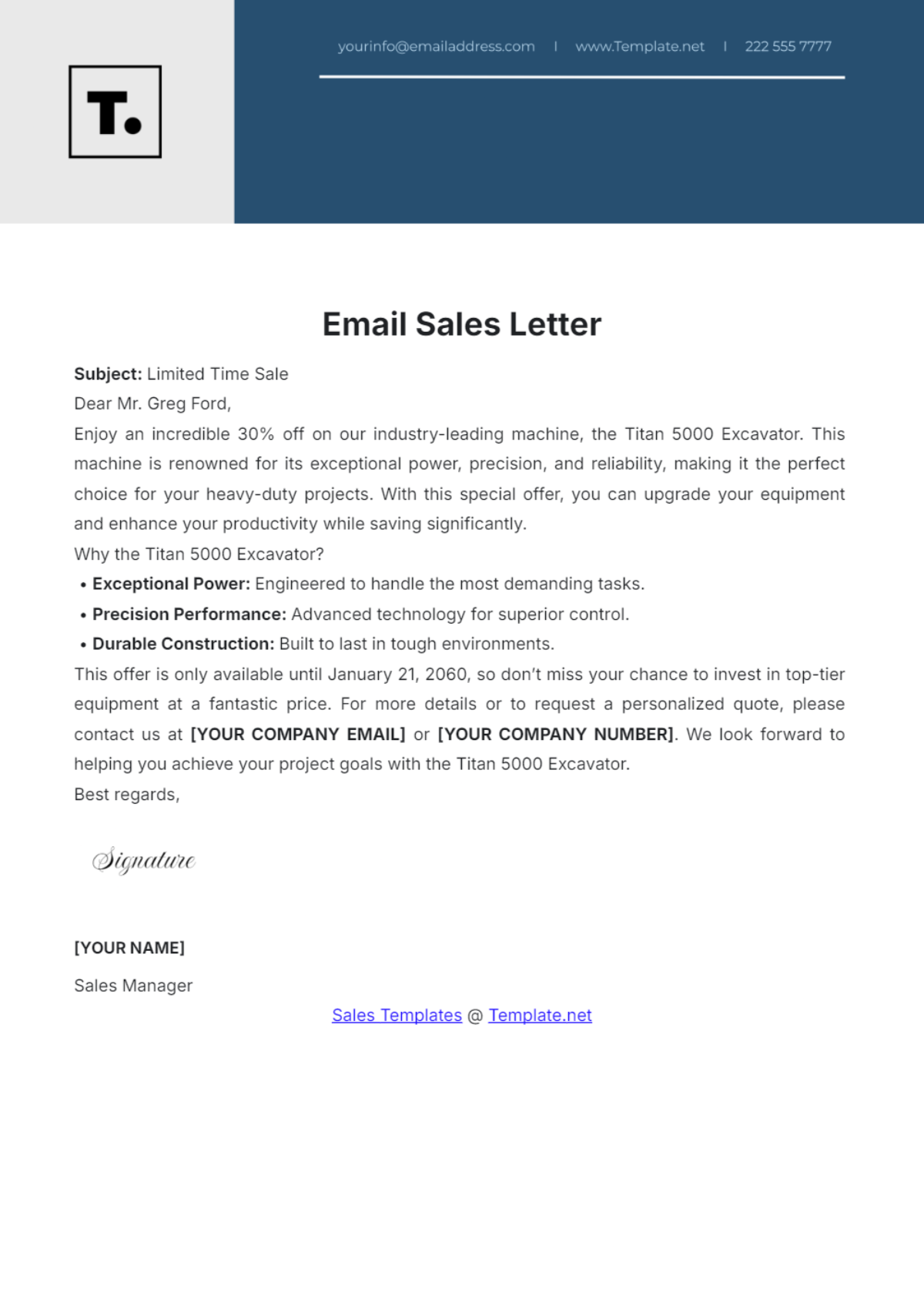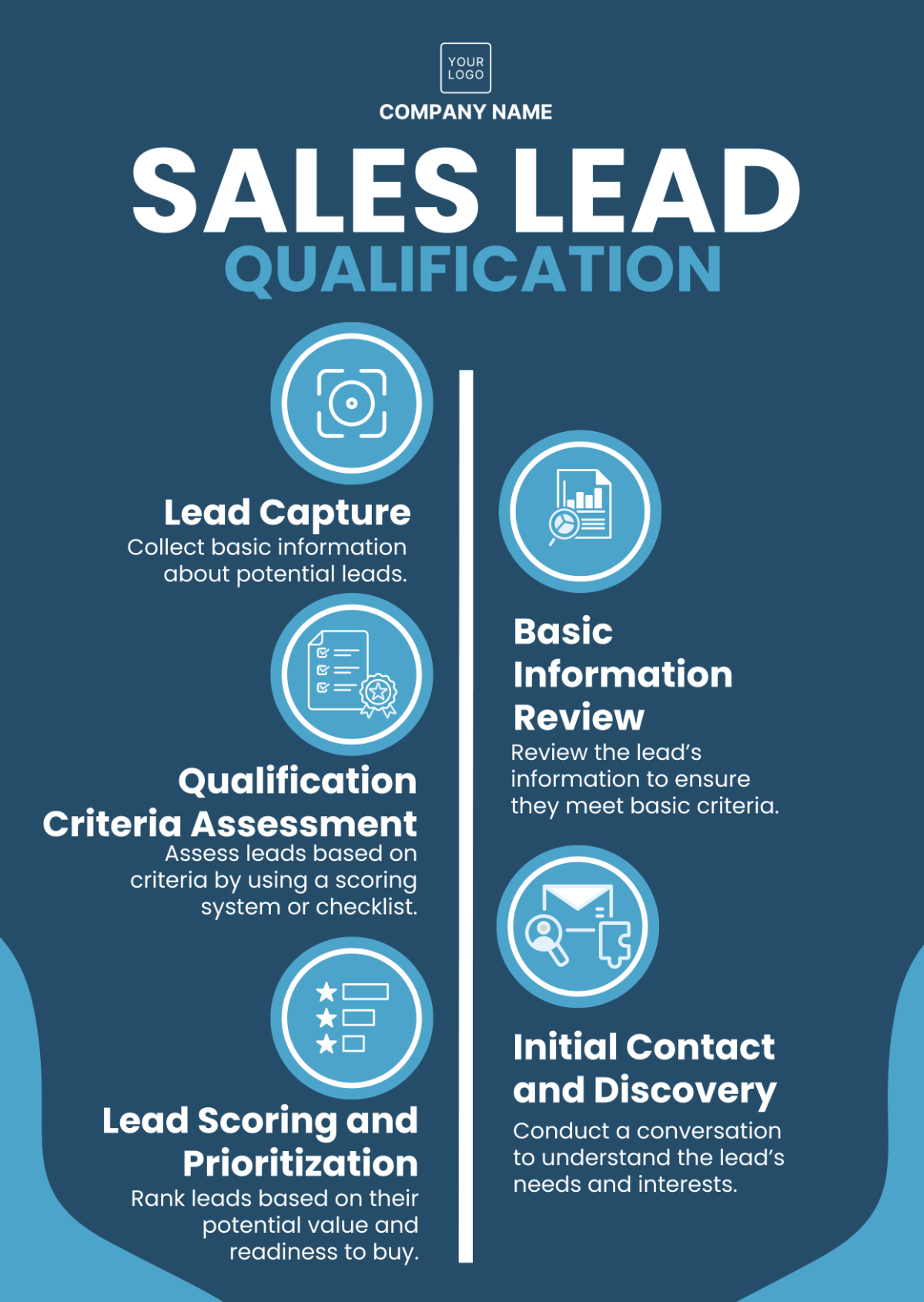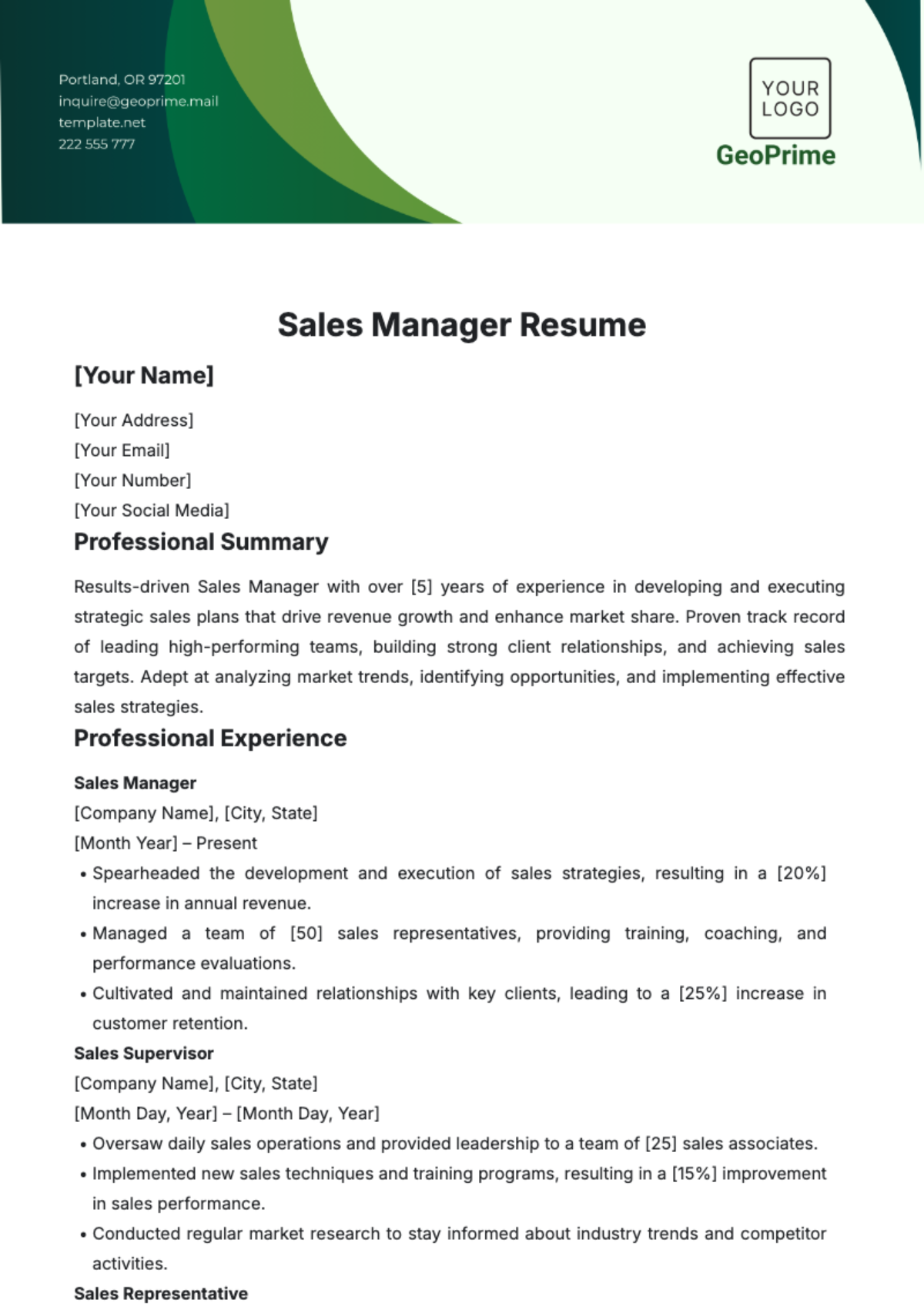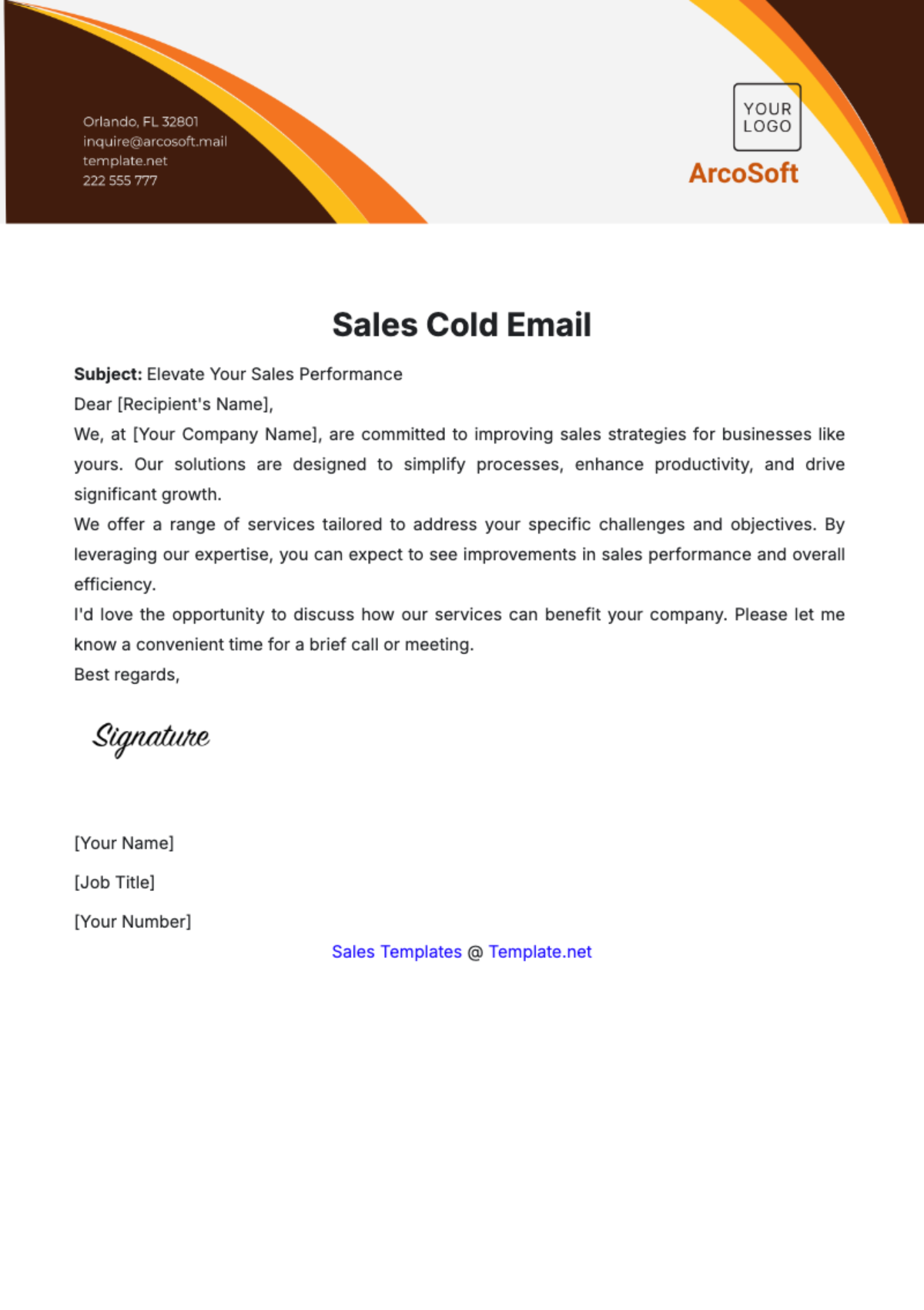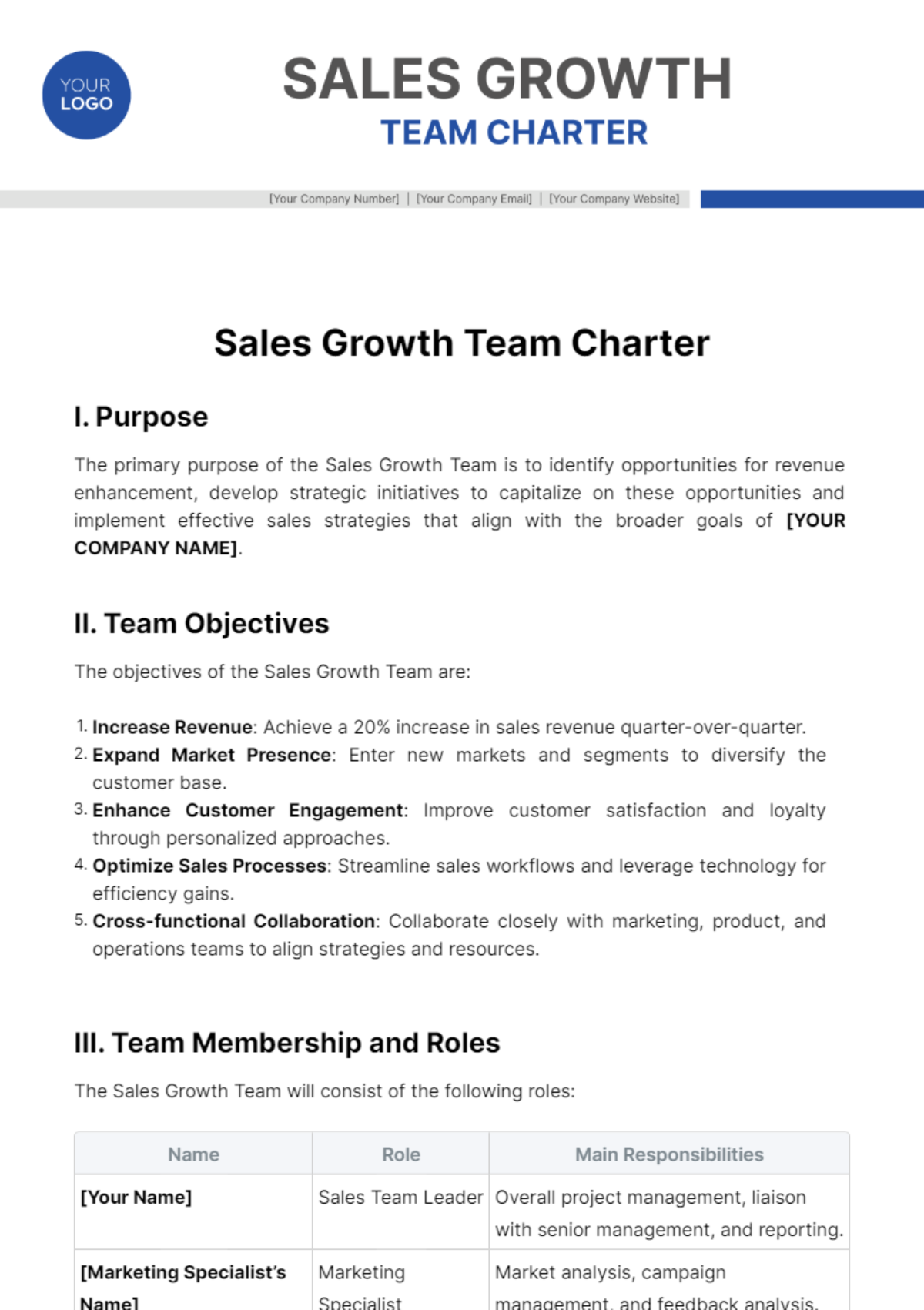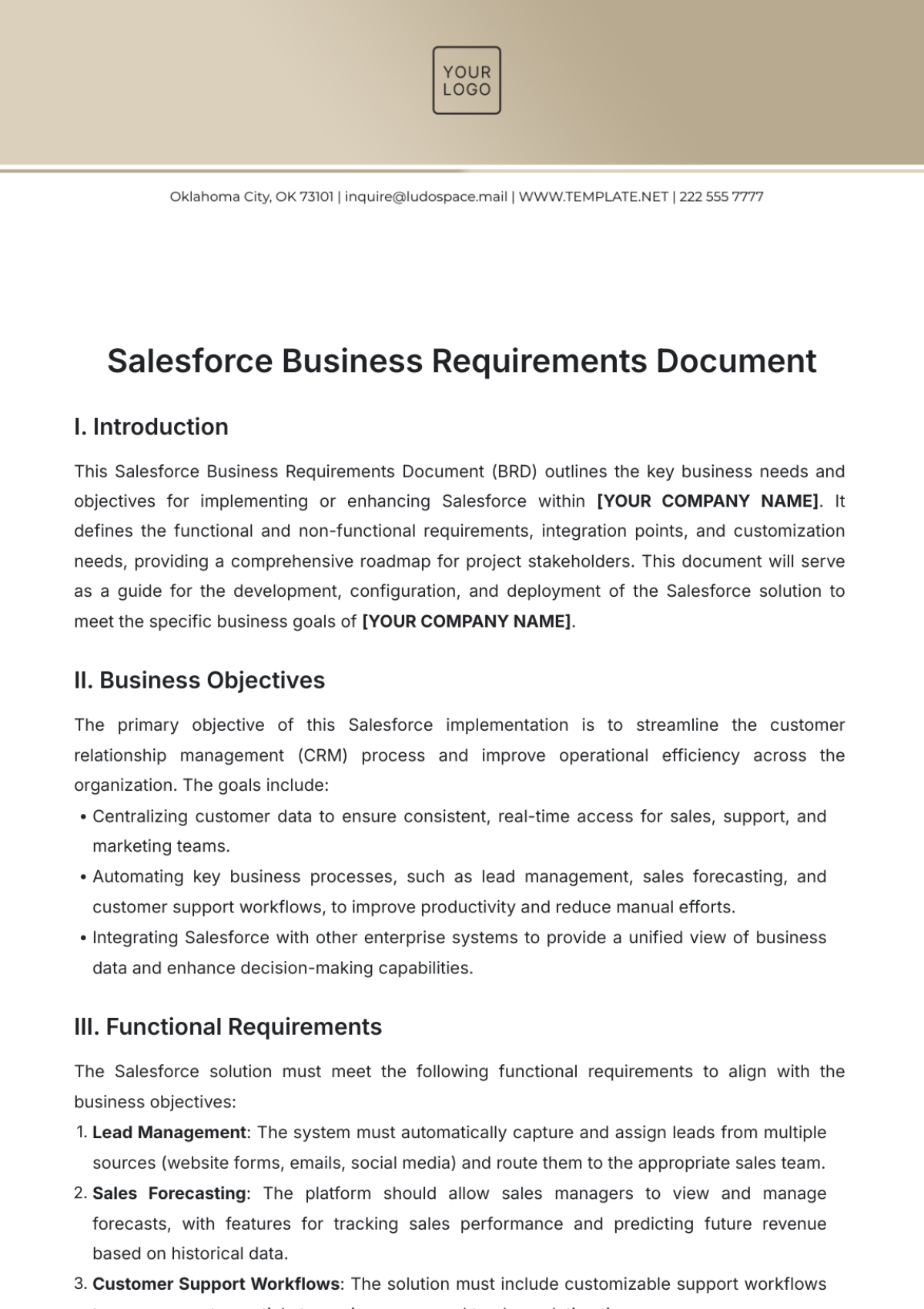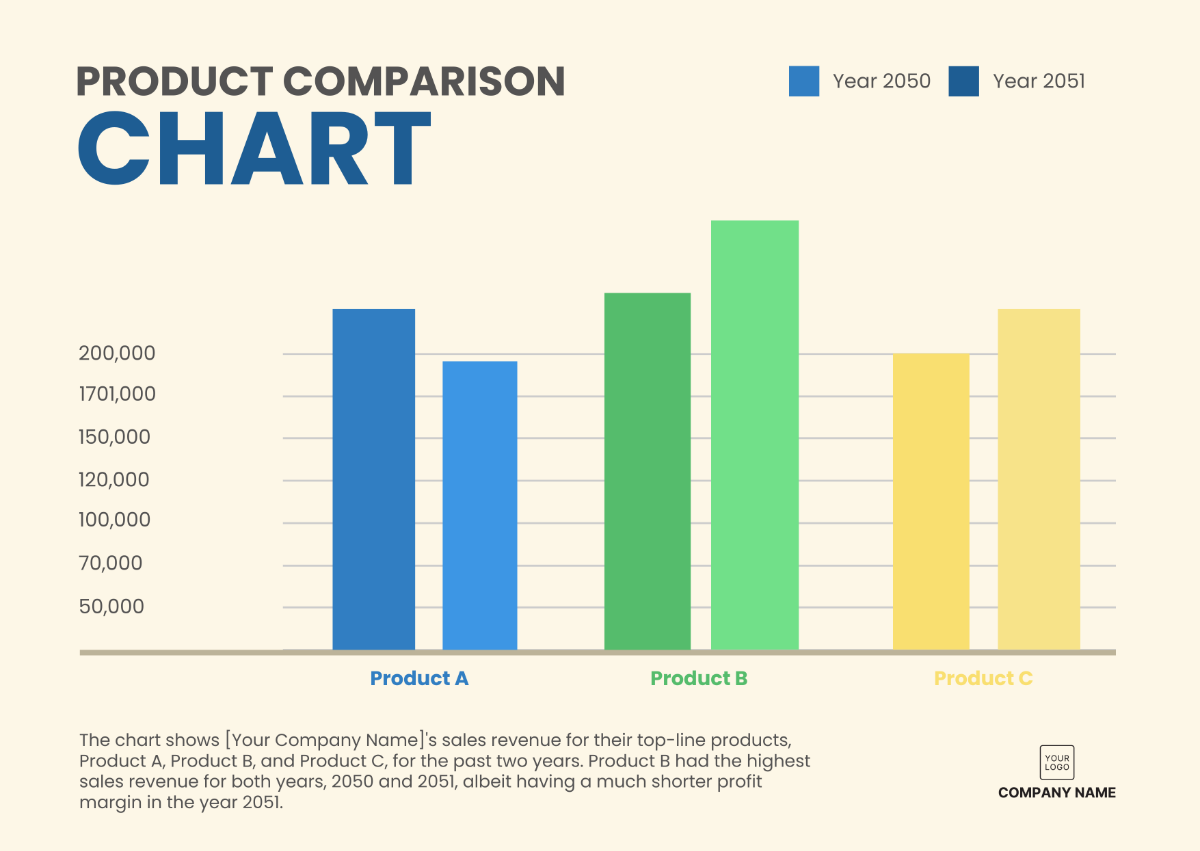Study On Sales Client Churn And Mitigation
Executive Summary
In an increasingly competitive market, client churn has become a pressing concern for [Your Company Name]. This study aims to delve into the factors contributing to client churn, quantify its impact on the business, and propose effective mitigation strategies. By identifying and addressing the root causes of churn, we aim to increase client retention and bolster the long-term success of the salon.
Objectives
Analyze the Current Client Churn Rate: This objective entails a comprehensive examination of the salon's client churn rate over the past year. By gathering data and assessing the percentage of clients who did not return after their initial visit, we can gain a clear understanding of the scope of the churn issue. This analysis will serve as the foundation for identifying trends and patterns, ultimately guiding our mitigation strategies to reduce churn effectively.
Identify the Key Factors Driving Client Churn: In this objective, we will pro investigate the primary drivers behind client churn at [Your Company Name]. By engaging with clients, analyzing feedback, and conducting surveys, we aim to pinpoint the specific reasons clients choose not to return for services. This in-depth understanding will enable us to address root causes and tailor our mitigation efforts to directly target these issues.
Assess the Financial Impact of Client Churn on the Salon's Revenue: This objective involves quantifying the financial consequences of client churn. By analyzing financial data, we will determine the exact amount of revenue lost due to churn over the past year. measuring this impact is crucial to highlight the urgency of addressing client churn and to make informed decisions about resource allocation and mitigation strategies.
Propose and Implement Strategies for Reducing Client Churn: taking charge of churn reduction, we will develop, propose, and execute targeted mitigation strategies. These strategies will encompass improvements in service quality, pricing adjustments, and personalized customer service initiatives. By implementing these strategies, we aim to reduce churn rates and enhance client satisfaction.
Measure the Effectiveness of Mitigation Strategies Over Time: Finally, this objective emphasizes ongoing active measurement of the effectiveness of the implemented strategies. By tracking client retention rates and collecting feedback from clients, we can assess whether our mitigation efforts are achieving the desired results. This active monitoring approach will allow us to make real-time adjustments to our strategies, ensuring long-term success in reducing client churn at [Your Company Name].
Introduction
A. Background
The industry has experienced substantial growth in recent years, with consumers increasingly seeking professional services. In this context, [Your Company Name] operates as a key player in a competitive marketplace with numerous local and chain competitors. By recognizing this landscape, we have acknowledged the importance of understanding client churn within our salon, which influences our long-term sustainability.
B. Importance of the Study
Recognizing the pivotal role that client churn plays in our business's performance, we undertake this study to obtain insights and actionable data. Our active pursuit of understanding the reasons behind client churn and implementing strategies to mitigate it is vital to our salon's continued growth and profitability. addressing churn will stabilize our revenue stream and enhance our reputation and client satisfaction, ultimately positioning [Your Company Name] as an active leader in the local [market].
C. Industry Overview
The [industry] has experienced significant growth in recent years, with consumers increasingly seeking professional [services] for self-care and aesthetic purposes. [Your Company Name] operates in a competitive landscape with numerous local and chain competitors. Understanding client churn within this industry is crucial to maintaining a competitive edge.
D. Purpose of the Study
This study aims to provide actionable insights into client churn specific to [Your Company Name]. By examining the unique challenges and opportunities within our salon, we can tailor mitigation strategies to address the needs and preferences of our clientele. This study not only seeks to reduce churn but also aims to enhance client satisfaction and loyalty, positioning [Your Company Name] as a leader in the local [market].
Methodology
Data Collection
For this study, we engaged in data collection through multiple methods. Firstly, we analyzed historical client records and booking data, identifying and categorizing clients who did not return for services after their initial visit. Secondly, we conducted surveys and interviews with former clients to gain deeper insights into their experiences and reasons for churning. These active data collection methods provided a comprehensive dataset for our analysis.
Table 1. List of Data Collection Methods
Data Collection Method | Description | Purpose |
Historical Data Analysis | Examination of past client records and trends | To determine client churn rate |
Surveys | Distribution of questionnaires to clients | To gather client feedback |
Interviews | Face-to-face discussions with former clients | To gain in-depth insights into churn |
Financial Data Analysis | Review of financial records and revenue data | To quantify the financial impact |
Competitor Analysis | Study of local competitors and pricing | To assess pricing competitiveness |
Data Analysis
Our approach to data analysis involved active statistical techniques to uncover patterns and correlations. We used tools such as regression analysis to identify relationships between client churn and various factors, such as service quality, pricing, and customer service. examining financial data allowed us to quantitatively measure the impact of churn on revenue. This active data analysis formed the basis for our recommendations and strategies to mitigate client churn at [Your Company Name].
Table 2. List of Data Analysis
Data Analytics Method | Description |
Statistical Analysis | Using statistical techniques to identify patterns and correlations |
Financial Data Analysis | Analyzing financial records to quantify the impact of churn |
Customer Feedback Analysis | Analyzing client feedback to identify key areas for improvement |
Competitive Analysis | Assessing local competitors and their impact on churn |
Data-Driven Personalization | Utilizing customer data for tailoring recommendations and offers |
Findings
Client Churn Rate
The active assessment of client churn rate at [Your Company Name] over the past year reveals that [00]% of clients did not return for services following their initial visit. This active measurement of churn rate serves as a critical benchmark, indicating the percentage of clients affected by churn.
Factors Contributing to Churn
Through active investigation, it became evident that several primary factors contribute to client churn at [Your Company Name]. Active engagement with clients, both current and former, unveiled that service quality issues, pricing concerns, and a perceived lack of personalized customer service were the key active contributors to churn. These findings highlight the areas that require targeted mitigation efforts.
Financial Impact
The active assessment of the financial impact stemming from client churn at [Your Company Name] underscores the gravity of the issue. analyzing financial data, we determined that client churn resulted in an estimated annual revenue loss of $[00,000] for the salon. This substantial financial loss underscores the critical importance of addressing client churn through the implementation of effective mitigation strategies.
Mitigation Strategies
1. Enhancing Service Quality
We embark on a journey to improve service quality by instituting rigorous training programs for our professionals. Through continuous and active training, our technicians will enhance their skills, ensuring that every client receives top-notch service. seeking feedback from clients and pro incorporating their input into our service improvements demonstrates our commitment to delivering a superior [experience], reducing the likelihood of churn.
2. Pricing Adjustments
To address pricing concerns and promote client retention, we conduct a comprehensive competitive analysis of pricing within the industry. This active analysis guides us in setting competitive and fair prices, ensuring that clients receive value for their investment. Additionally, we introduce loyalty programs and discounts, pro incentivizing repeat visits, and rewarding client loyalty, mitigating price-related churn factors.
3. Personalized Customer Service
Our salon will invest in creating a more personalized and engaging customer service experience. To achieve this, we will assign dedicated customer service representatives to build relationships with our clients. These representatives will engage with clients, addressing their unique needs and ensuring their satisfaction. Moreover, we will utilize customer data to offer tailored recommendations and promotions, demonstrating our commitment to personalized service designed to reduce churn and enhance client loyalty.
Implementation and Monitoring
For the Implementation and Monitoring phase, we will execute the proposed mitigation strategies over the next 12 months with diligence and precision. Our actions will include overseeing the training programs for professionals, consistently analyzing customer feedback, and adjusting pricing based on our competitive analysis. We will assign dedicated customer service representatives to establish and nurture client relationships and employ data-driven insights to offer personalized recommendations and promotions. Throughout this process, we will monitor the effectiveness of these initiatives, utilizing real-time client feedback and ongoing data analysis to assess their impact on client churn rates. Our active approach ensures that we can make prompt adjustments to the strategies as needed, working towards our goal of reducing churn and enhancing overall client satisfaction and loyalty at [Your Company Name].
Staff Training and Development
We will invest in the training and development of our [professionals] and customer service representatives. implementing rigorous training programs for [professionals] ensures that they continuously enhance their skills and provide top-notch service. Additionally, we will monitor their progress and performance to ensure that the quality of service consistently meets our standards. We will train our customer service representatives in building client relationships and addressing customer concerns in a personalized manner, contributing to client satisfaction.
Pricing Strategy Execution
To address pricing concerns and promote client retention, we will meticulously execute our pricing adjustments based on the competitive analysis conducted. monitoring market dynamics and competitor pricing allows us to make real-time pricing adjustments as necessary. We will track the response of our clients to these adjustments through pricing surveys and ongoing financial analysis, ensuring that our pricing strategy aligns with our goal of reducing churn while maintaining profitability.
Data-Driven Personalization
Utilizing customer data to offer tailored recommendations and promotions will be a cornerstone of our proactive customer service approach. We will implement data collection and analysis systems to capture relevant customer information. leveraging this data, we will pro provide clients with personalized offers and monitor the effectiveness of these efforts. Our data-driven personalization strategy will contribute to enhancing client engagement, satisfaction, and loyalty, reducing churn over time.
Conclusion
In conclusion, our proactive efforts in addressing client churn at [Your Company Name] are poised to make a substantial impact on our business. By reducing churn through targeted strategies such as service quality enhancement, pricing adjustments, and personalized customer service, we position ourselves for long-term success. Our proactive approach to understanding the root causes of churn, measuring its financial impact, and implementing tailored mitigation strategies demonstrates our commitment to enhancing client satisfaction, bolstering client loyalty, and ultimately driving sustained growth and profitability in the competitive [industry]. Our proactive mindset remains central to our mission of becoming a trusted and preferred destination for [services], ensuring the continued success and prosperity of [Your Company Name].
Recommendations
We strongly recommend that [Your Company Name] prioritizes the swift implementation of the proposed mitigation strategies outlined in this study. By focusing on enhancing service quality, adjusting pricing, and personalizing customer service, we can address the root causes of client churn and work to reduce it. We must maintain a continuous focus on customer satisfaction, soliciting feedback, and consistently reviewing and updating our strategies based on active feedback and data analysis. In doing so, we ensure our position as a leader in the local market.




